Paris 2024 Games Sports Equipment and Other Assets Get a Second Life
Published 11-15-24
Submitted by International Olympic Committee
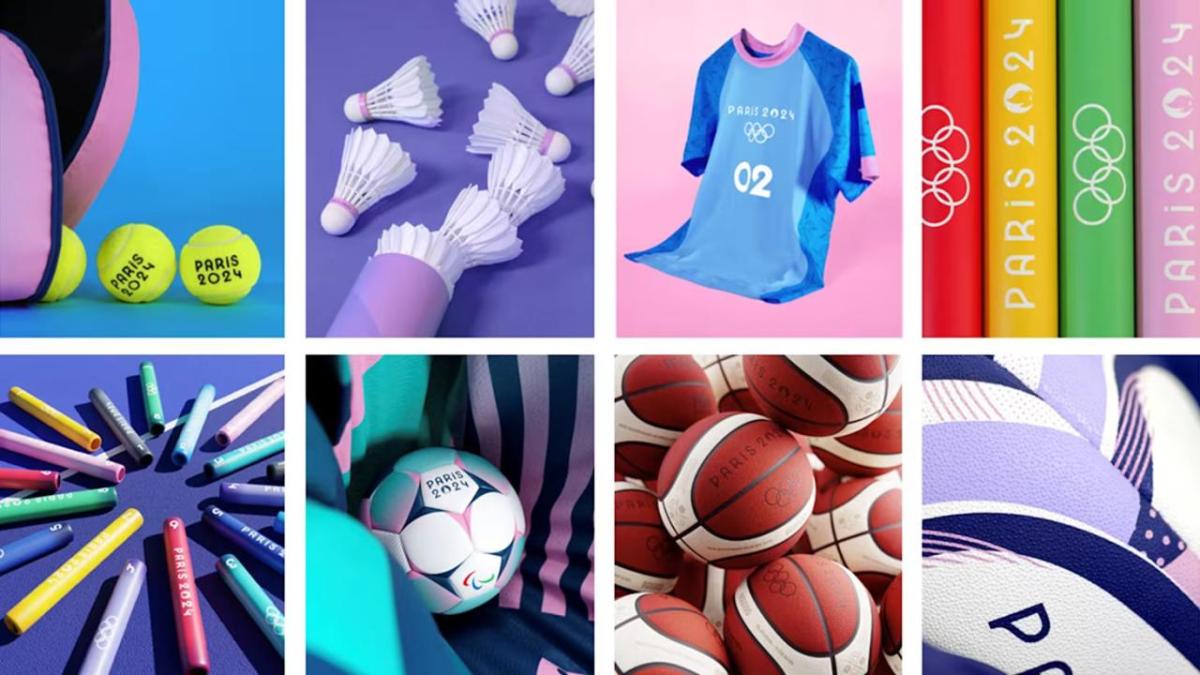
International Olympic Committee news
Almost all of the 1.2 million pieces of the sports equipment used during the Olympic and Paralympic Games Paris 2024 are being given a second life. In addition, other assets – from uniforms and furniture to technological equipment – will have a second life. This means that 90 per cent of the six million pieces of sports equipment and other assets will be reused.
As part of the Games’ commitment to a circular economy, organisers had rented about 900,000 (75%) of the 1.2 million pieces of sports equipment used overall. The remaining 300,000 pieces, which were purchased, are now being donated to the French sports movement in order to benefit local communities, promote physical activity, and enhance sports infrastructure across France.
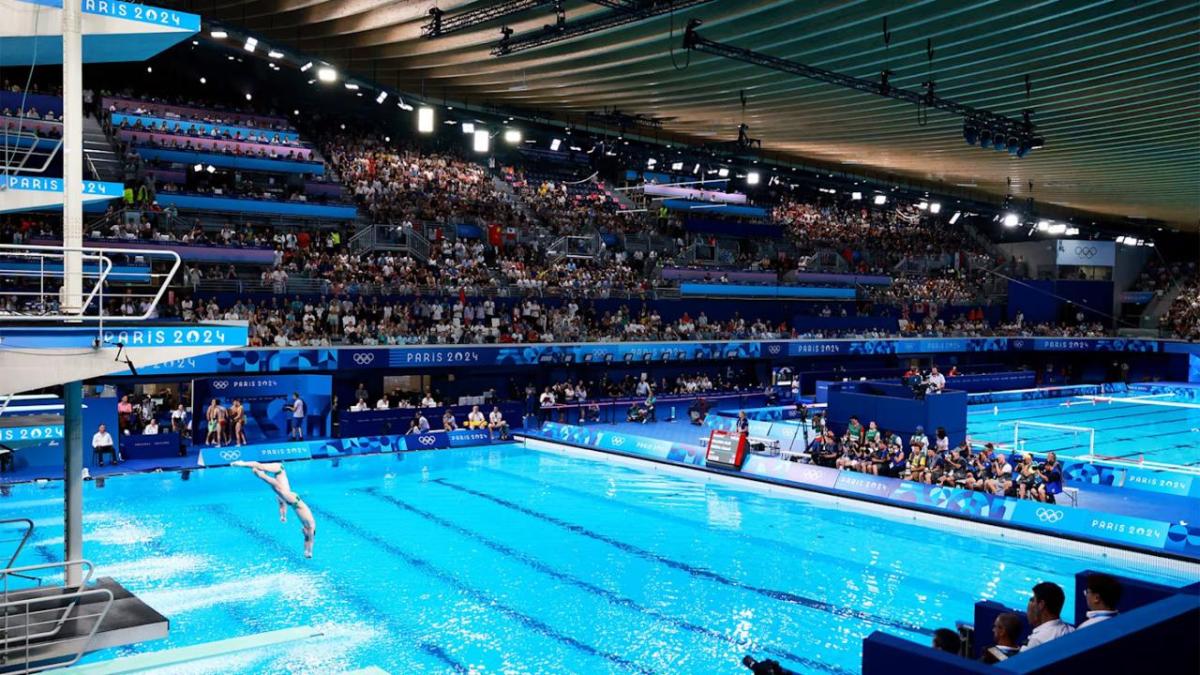
First Games of Olympic Agenda 2020
Paris 2024 were the first Games fully aligned with the International Olympic Committee (IOC) reforms of Olympic Agenda 2020, which set a path towards more sustainable Olympic and Paralympic Games. Olympic Agenda requires organisers to minimise the Games’ footprint, build and develop only where there is a clear need for long-term community use, and deliver long-term social and economic benefits for the hosts.
By redefining what more sustainable and responsible Olympic Games can look like, Paris 2024 has set a powerful example for future hosts. The Games are proving to be a living embodiment of Olympic Agenda’s focus on sustainability, inclusivity and legacy.
Marie Sallois
Director of Sustainability at the IOC.
The reuse and redistribution of the sports equipment are part of the objective to minimise consumption and benefit local communities. It is also part of the organisers’ ambition to boost sport across the country and introduce physical activity among the least active parts of society.
In its effort to cut emissions by half compared to previous Games, 95 per cent of the venues used for Paris 2024 already existed or were temporary. The only new venues constructed respond to local needs and fill infrastructure gaps in underprivileged communities. Both the Aquatics Centre and the Paris 2024 Olympic Village were built in the north-eastern suburbs of Paris, where such sporting and residential infrastructure is needed.
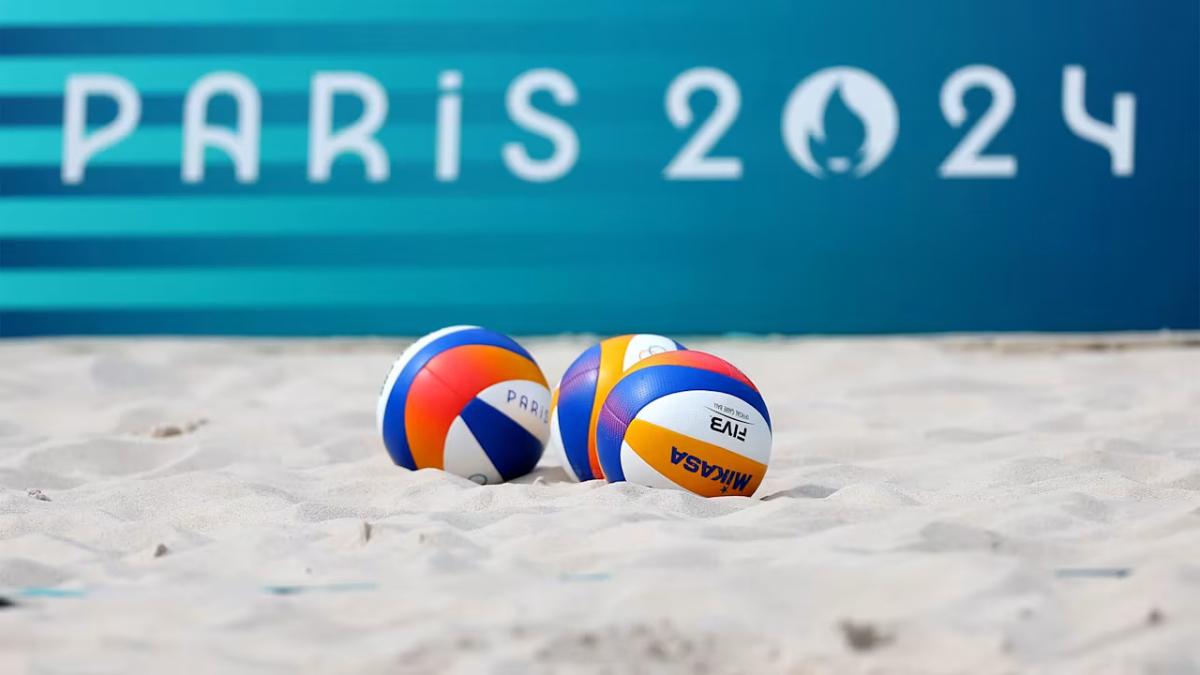
Donations to sporting bodies
The French Volleyball Federation will receive essential equipment such as balls, nets, poles and sports flooring to enhance its facilities nationwide. Similarly, the French Badminton Federation will receive gear to support both its Olympic and Paralympic programmes, empowering athletes at all levels.
The Seine-Saint-Denis area, the beating heart of the Games and one of France’s most underserved areas for sports infrastructure, is set to significantly benefit from the initiative. Here, items from the Games will be used to equip new sports facilities, creating opportunities for physical activity in communities that need them the most.
The sand from the Eiffel Tower stadium, used for beach volleyball events, will be repurposed to create three new courts at the Marville departmental park in Seine-Saint-Denis, with an additional court planned for nearby Taverny in Val d’Oise.
The Skateboard Street area will be relocated to the department, along with the temporary pools from La Défense Arena, helping to expand much-needed swimming infrastructure in an area where facilities are scarce.
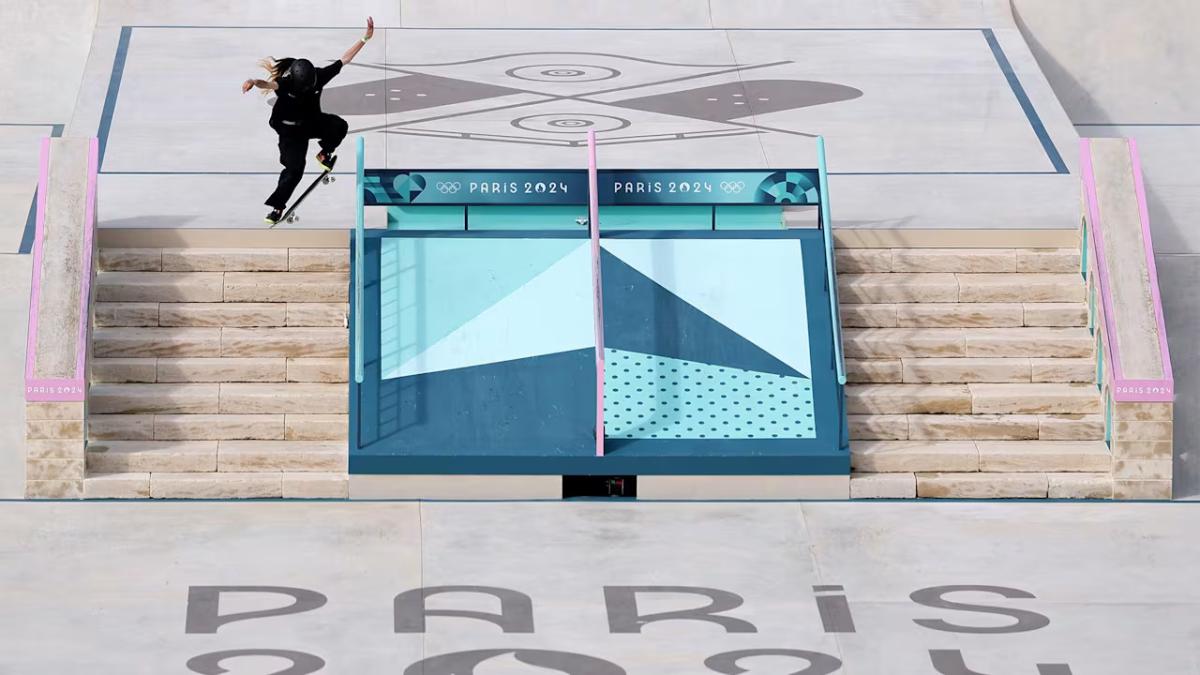
Donations to associations
Besides sports equipment, the Organising Committee has undertaken an unprecedented review of all other assets – from uniforms and furniture to technological equipment – focusing on minimising waste and maximising reuse.
The City of Paris, along with the French National Olympic and Paralympic Committees, is mobilising resources to redistribute assets to local charities that serve vulnerable communities. Partnerships with organisations such as Emmaus, the Red Cross, and the French Popular Relief will ensure that the positive impact of the Games reaches those who need it most. For example, some 50,000 furniture items from the Olympic and Paralympic Village, including 9,000 mattresses and 11,000 pillows, have been donated to Emmaus.
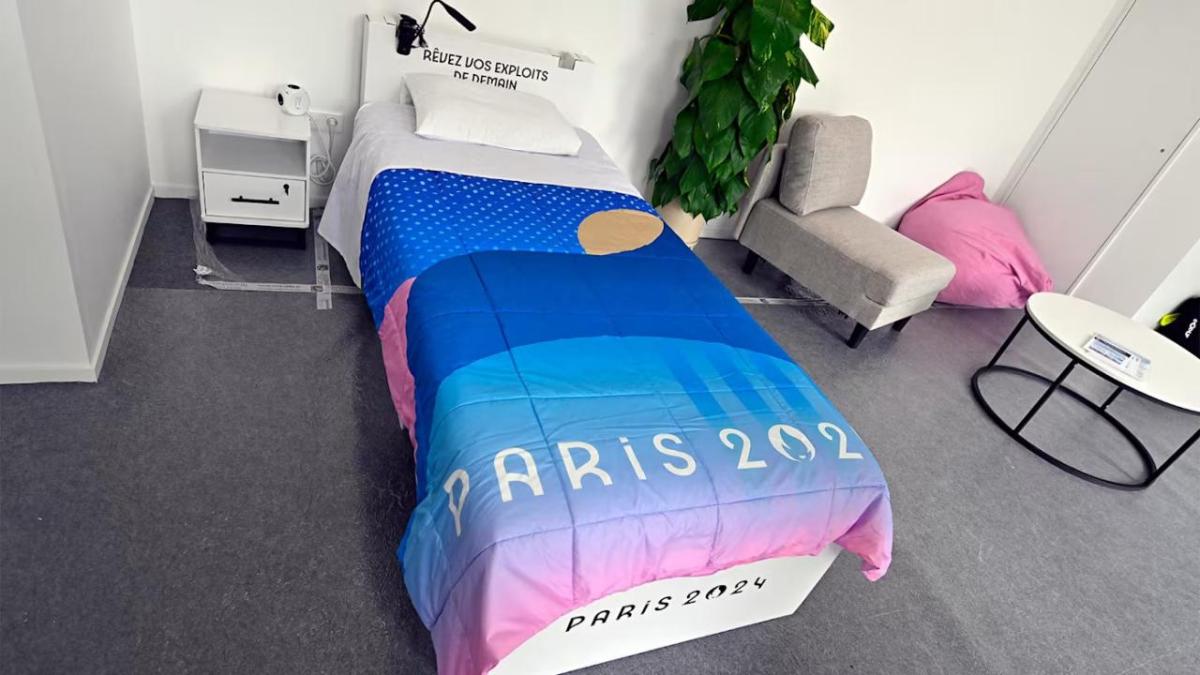
Big Sales of the Games
Paris 2024 is hosting “Big Sales of the Games” across France, giving fans, collectors and the general public a chance to own a piece of history. Thousands of items used during the Games – from athletes’ towels to site decorations and ceremonial objects – are available at attractive prices, offering everyone a way to engage with the Games and take home a souvenir.
“From Seine-Saint-Denis to all corners of France, Paris 2024 is demonstrating that sport has the power to build a better world, one community at a time,” said Marie Sallois.
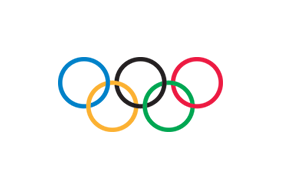
International Olympic Committee
International Olympic Committee
The International Olympic Committee (IOC) is a not-for-profit independent international organisation that is committed to building a better world through sport. It redistributes more than 90 per cent of its income to the wider sporting movement, which means that every day the equivalent of USD 3.4 million goes to help athletes and sports organisations at all levels around the world.
As the leader of the Olympic Movement, the IOC acts as a catalyst for collaboration between all parties of the Olympic family, from the National Olympic Committees (NOCs), the International Sports Federations (IFs), the athletes and the Organising Committees for the Olympic Games (OCOGs) to the Worldwide Olympic Partners, broadcast partners and United Nations (UN) agencies, and shepherds success through a wide range of programmes and projects. On this basis, it ensures the regular celebration of the Olympic Games, supports all affiliated member organisations of the Olympic Movement and strongly encourages, by appropriate means, the promotion of the Olympic values.
More from International Olympic Committee

